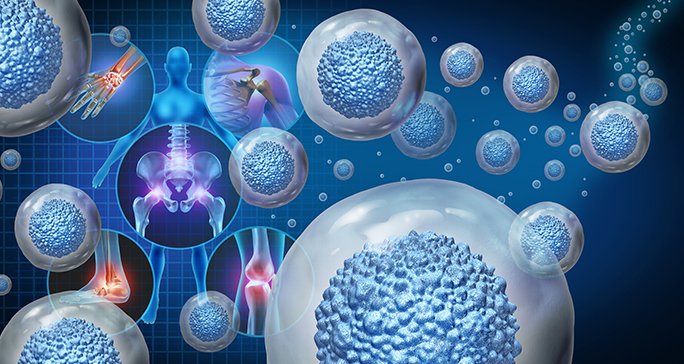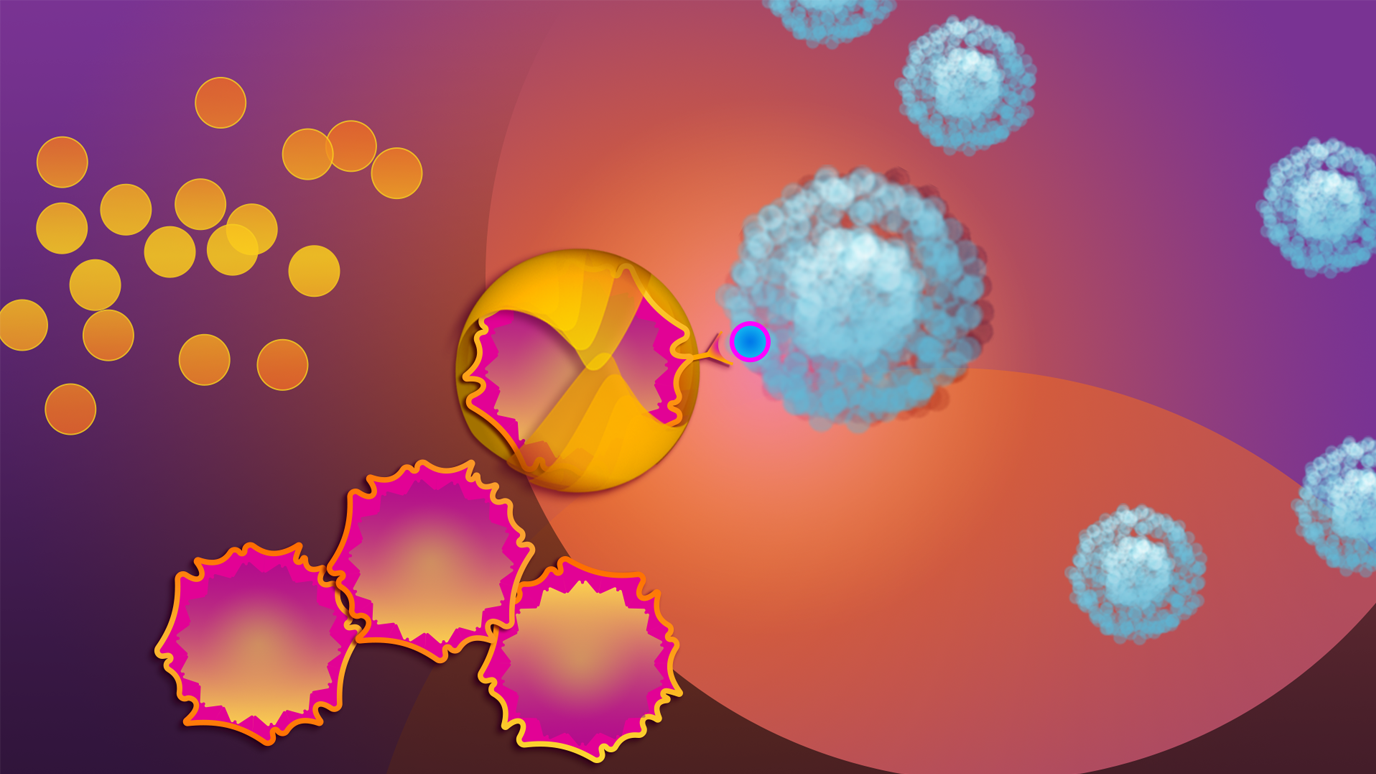- Diseases
- Acoustic Neuroma (14)
- Adrenal Gland Tumor (24)
- Anal Cancer (66)
- Anemia (2)
- Appendix Cancer (16)
- Bile Duct Cancer (26)
- Bladder Cancer (68)
- Brain Metastases (28)
- Brain Tumor (230)
- Breast Cancer (718)
- Breast Implant-Associated Anaplastic Large Cell Lymphoma (2)
- Cancer of Unknown Primary (4)
- Carcinoid Tumor (8)
- Cervical Cancer (154)
- Colon Cancer (164)
- Colorectal Cancer (110)
- Endocrine Tumor (4)
- Esophageal Cancer (42)
- Eye Cancer (36)
- Fallopian Tube Cancer (6)
- Germ Cell Tumor (4)
- Gestational Trophoblastic Disease (2)
- Head and Neck Cancer (6)
- Kidney Cancer (124)
- Leukemia (344)
- Liver Cancer (50)
- Lung Cancer (288)
- Lymphoma (284)
- Mesothelioma (14)
- Metastasis (30)
- Multiple Myeloma (98)
- Myelodysplastic Syndrome (60)
- Myeloproliferative Neoplasm (4)
- Neuroendocrine Tumors (16)
- Oral Cancer (100)
- Ovarian Cancer (170)
- Pancreatic Cancer (164)
- Parathyroid Disease (2)
- Penile Cancer (14)
- Pituitary Tumor (6)
- Prostate Cancer (144)
- Rectal Cancer (58)
- Renal Medullary Carcinoma (6)
- Salivary Gland Cancer (14)
- Sarcoma (236)
- Skin Cancer (296)
- Skull Base Tumors (56)
- Spinal Tumor (12)
- Stomach Cancer (60)
- Testicular Cancer (28)
- Throat Cancer (90)
- Thymoma (6)
- Thyroid Cancer (98)
- Tonsil Cancer (30)
- Uterine Cancer (78)
- Vaginal Cancer (14)
- Vulvar Cancer (18)
- Cancer Topic
- Adolescent and Young Adult Cancer Issues (20)
- Advance Care Planning (10)
- Biostatistics (2)
- Blood Donation (18)
- Bone Health (8)
- COVID-19 (362)
- Cancer Recurrence (120)
- Childhood Cancer Issues (120)
- Clinical Trials (628)
- Complementary Integrative Medicine (24)
- Cytogenetics (2)
- DNA Methylation (4)
- Diagnosis (230)
- Epigenetics (6)
- Fertility (64)
- Follow-up Guidelines (2)
- Health Disparities (14)
- Hereditary Cancer Syndromes (124)
- Immunology (18)
- Li-Fraumeni Syndrome (8)
- Mental Health (118)
- Molecular Diagnostics (8)
- Pain Management (62)
- Palliative Care (8)
- Pathology (10)
- Physical Therapy (18)
- Pregnancy (18)
- Prevention (898)
- Research (392)
- Second Opinion (74)
- Sexuality (16)
- Side Effects (604)
- Sleep Disorders (10)
- Stem Cell Transplantation Cellular Therapy (216)
- Support (404)
- Survivorship (322)
- Symptoms (184)
- Treatment (1776)
Best of Cancerwise 2017: The most-read insights from our experts
3 minute read | Published December 19, 2017
Medically Reviewed | Last reviewed by an MD Anderson Cancer Center medical professional on December 19, 2017
Cancer often brings a lot of questions and unknowns, especially when it comes to treatment options, side effects and what to expect — and when. And even if you don’t have cancer, you may have questions about cancer symptoms or what to expect at your cancer screening exam.
The good news is we have experts who can help answer all of these questions, and they did just that in 2017.
Here are 10 of our experts’ most-read blog posts from this past year. They cover everything from sugar and cancer treatment to cancer treatment side effects to our Moon Shots Program to what to ask at your stem cell transplant consultation to common cancer symptoms and risk factors.
Sugar and cancer treatment: 4 things patients should know
There are a lot of myths surrounding sugar and cancer. But what do cancer patients really need to know? Get insight from MD Anderson dietitian Erma Levy.
Radiation therapy for cancer treatment: What to expect
More than half of cancer patients will receive radiation therapy, but how does it work? Does it hurt? And what are the side effects? Learn everything you need to know from Cullen Taniguchi, M.D., Ph.D.
Cancer treatment side effect: Chemobrain
Forgetful? Having trouble concentrating, or dealing with periods of slower thinking, mental confusion or “fogginess?” You’re likely dealing with a common side effect called chemobrain, which research confirms is real. Learn more in our Q&A with Jeffrey Wefel, M.D.
MD Anderson’s Moon Shots Program: 5 things to know
While its name was inspired by President John F. Kennedy’s ambitious goal to put a man on the moon, the Moon Shots Program™, which was first inspired by MD Anderson's fourth full-time president Ronald DePinho, M.D., has a different objective: to quickly and effectively turn scientific discoveries into advances in cancer care. Here are five things that we’d like patients and caregivers to know about the Moon Shots Program.
7 things to know about neutropenia, a common cancer treatment side effect
If you receive chemotherapy or radiation therapy, you may develop neutropenia because the cancer treatment prevents the production of neutrophils. Patients with cancers that affect bone marrow, such as leukemia, lymphoma and myeloma, also may become neutropenic. Here’s what our Carmen Escalante, M.D., wants you to know about this common side effect.
Cervical cancer symptoms and risk factors: what to watch for
Like many types of cancer, cervical cancer doesn’t usually show any symptoms until the disease has spread to nearby tissues. But it’s important to know the signs of cervical cancer so you know what to watch for, says Kathleen Schmeler, M.D., co-leader of our HPV-Related Cancers Moon Shot™. Know your risk.
Skin cancer screening: 5 things your dermatologist wants you to know
At increased risk for skin cancer? You may need regular skin cancer screening exams. Here are five things Anisha Patel, M.D., wants you to know before your skin screening exam.
Ovarian cancer symptoms: 4 things to know
Bloating. A feeling of fullness. Constipation. All of these can be symptoms of ovarian cancer – or the result of a bad meal. So, how do you distinguish between indigestion and something more serious? Here’s what Pamela Soliman, M.D., wants every woman to know.
Cancer treatment side effect: Fatigue
Always feeling physically, mentally or emotionally exhausted? You’re not alone. Fatigue is the most common side effect experienced during and after cancer treatment. Here’s what to know – and how to cope, according to clinical nurse Kim Kitchen.
Your stem cell transplant consultation: Questions to ask
Your doctor may recommend a stem cell transplant if you’ve been diagnosed with a blood cancer, such as leukemia, lymphoma or multiple myeloma, or a bone marrow failure syndrome like myelodysplastic syndrome or aplastic anemia. But before you move forward, you’ll need to consult with a transplant doctor. Get our list of the best questions to ask.
Request an appointment at MD Anderson online or by calling 1-877-699-2751.






